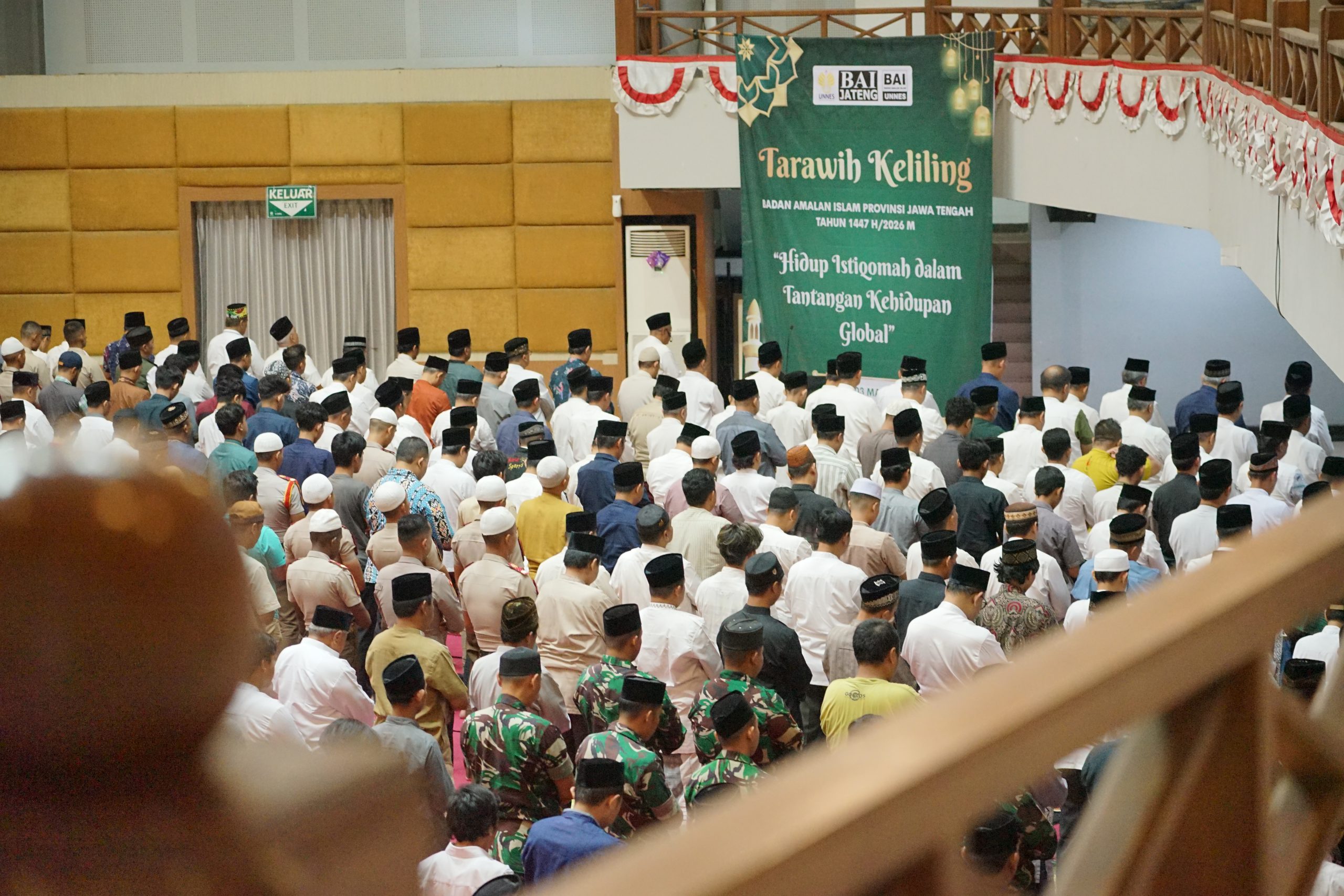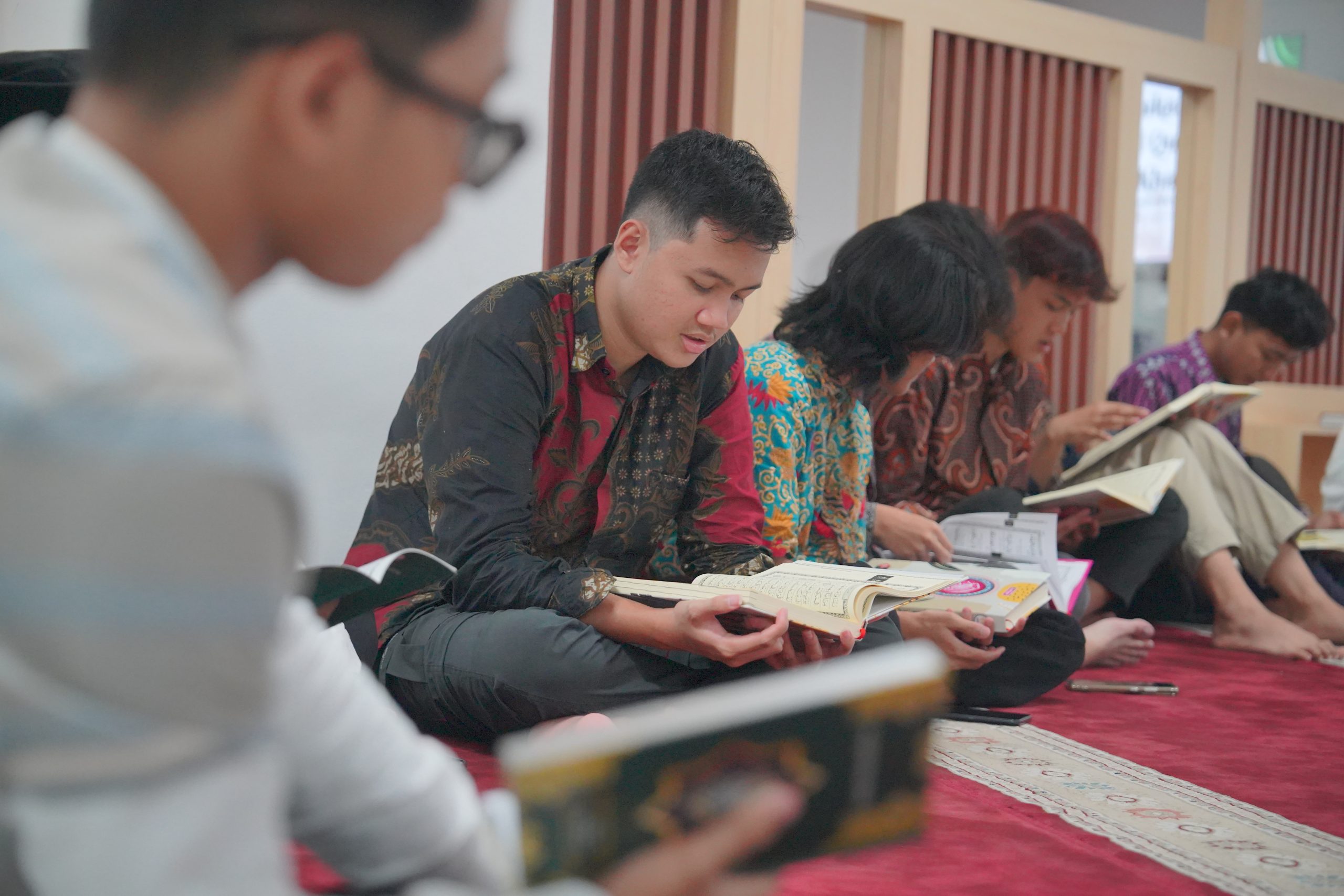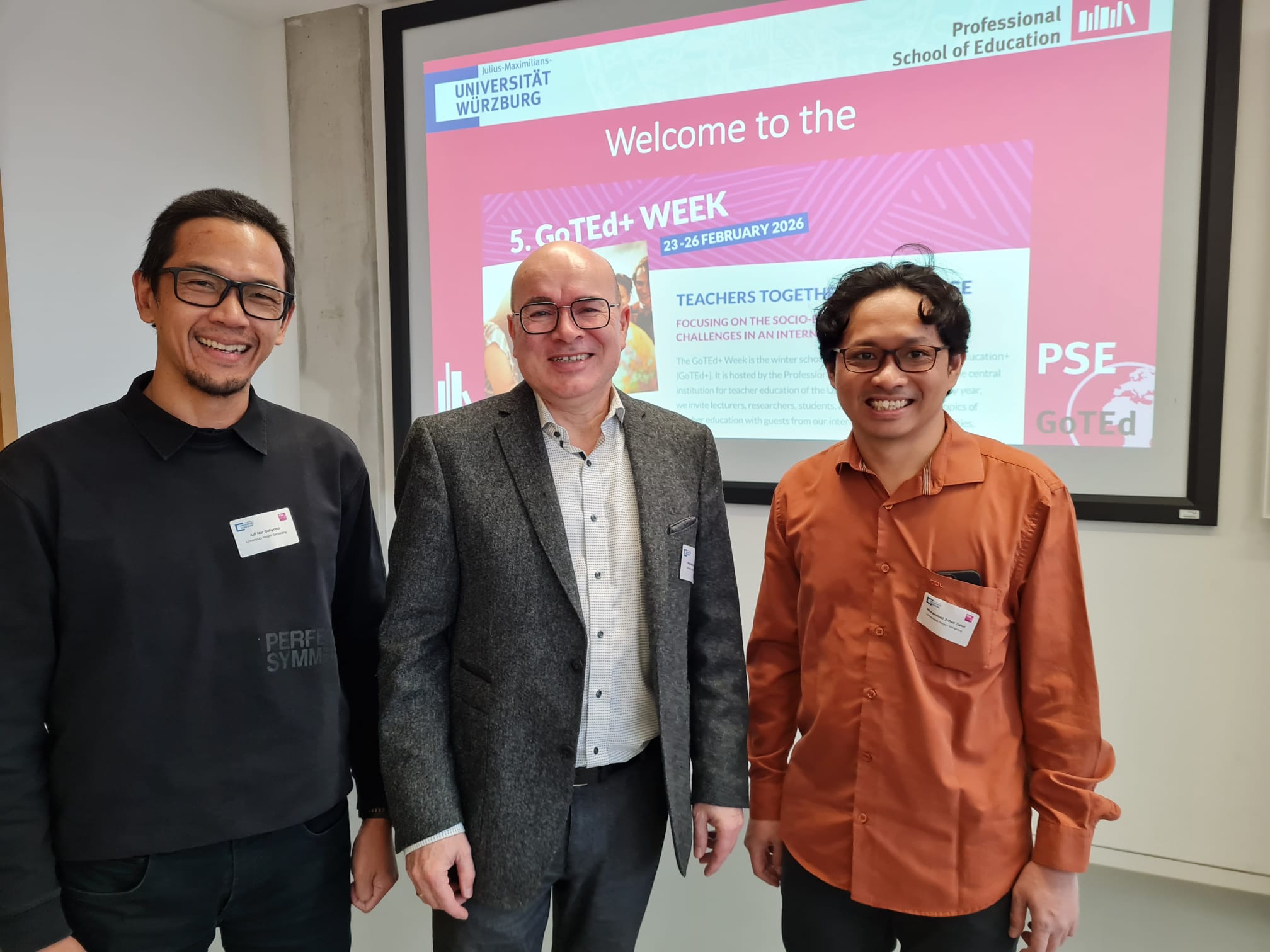Memperingati dua puluh tahun reformasi Indonesia, Prodi Ilmu Politik Universitas Negeri Semarang (UNNES) menggelar International Symposium on Indonesian Politic bertema “Challenges and Prospects after 20 Years Reform”.
Dipantik oleh Pakar Enterpreneurship Politics Universitas Brawijaya Wawan Sobari PhD dan Pakar Metode Kuantitatif Rasch Model dari Universiti Malaya Bambang Sumintono PhD, acara diselenggarakan selama dua hari, Jumat hingga Sabtu (6-7/4) bertempat di Padepokan Karakter Fakultas Ilmu Sosial UNNES.
Ketua Panitia Cahya Seftyono SSos MA melaporkan, kegiatan terbuka untuk umum. Sebanyak dua puluh penyaji dari institusi baik dalam maupun luar negeri telah dijadwalkan menyajikan artikelnya. Presentasi disajikan baik secara langsung maupun teleconference.
Sobari membuka simposium hari pertama (6/4) dengan menyoroti demokrasi kontemporer Indonesia yang minim akurasi. Ia menjelakskan, berbagai lembaga survei menyoroti tingkat kepuasan masyarakat terhadap demokrasi Indonesia masih berada di bawah 30%.
Dua puluh penyaji kemudian, melanjutkan dengan paparkan terkait politik etnis lokal, money politic, kuasa bahasa politik, pemenuhan hak-hak politik warga negara, politik alternatif hingga ekspansi agama dalam demokrasi di Indonesia.
Pemapar yang telah dijadwalkan tersebut berasal dari enam negara, yaitu Australia, Amerika Serikat, Jerman, Taiwan, Malaysia dan beberapa peneliti dari Indonesia. Di antaranya dari Universitas of Quessland, Northwestern University, Heidelberg University, Tamkang University, Universiti Malaya, Universitas Indonesia, Universitas Gadjah Mada, Universitas Diponegoro, Universitas Padjajaran, Universitas Muhammadiyah Yogyakarta dan universitas terkemuka lainnya. Paparan peserta simposium ditutup dengan review artikel oleh Wawan Sobari.
Adapun di hari kedua Sabtu (7/4), Bambang Sumintono akan menelaah metode penelitian kuantitatif menggunakan Rasch Model. Ia akan memberikan workshop singkat kepada 50 peserta yang berasal dari berbagai perguruan tinggi di Jawa Tengah. Peserta akan mendapatkan praktik simulasi penggunaan Rasch Model dan strategi penulisan artikel ilmiah berbasis kuantitatif.
“Dengan dibekali kursus singkat penulisan artikel ilmiah berstandar internasional dan pengolahan data baik secara kualitatif maupun kuantitatif, kegiatan ini diharapkan dapat memantik perkembangan ilmu politik berbasis etika di aras lokal untuk kebermanfaatan global,” pungkas Cahyo.



